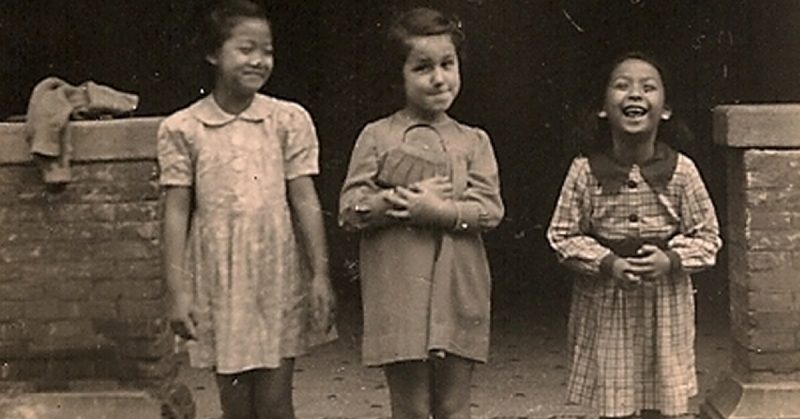You might be thinking that during the Second World War, Europe was the region where there were most Jewish people. A lot of people don’t know this, but during the war years, there were Jewish communities living in the Far East too under the occupation of the Japanese forces.
It is said that there were around 30,000 Jews in Shanghai alone, but there some that were also living in small communities in China, Philippines, and East Indies, which were areas known for having neutral administrations. Another group of Jews was living in French Indo-China, but life was not easy for them due to Vichy’s anti-Jewish laws that prohibited them from a number of activities and removed them from all the important positions that included working for the government.
The Jews in Asia
A small number of people did suffer from the maltreatment but the number is quite small compared to persecutions that the Jews in Europe faced. There were very few Jews that were imprisoned or punished for their identity by the Japanese forces. The Japanese view of the Jews stemmed from factors like nationalism, racism, and the fear of foreign conspiracy. It was apparent that anti-Semitism made its way into Japan during the First World War.
After the Japanese signed the Tripartite Treaty of September 1940 and the Anti-COMINTERN Pact in 1936, anti-Semitism established a strong footing among the ruling classes of Tokyo. It was during this time that the Japanese developed a campaign of defamation about the so-called Jewish Peril.
Attitude of the Japanese
The attitude of the Japanese towards the Jews varied. In 1937, Japanese diplomats in Paris reported that the West was opposing to Japan’s invasion of China because of French, English, and American plutocrats. Japanese ambassador, Baron Hiroshi reminded Japan that how certain Jews were in debt to them because of the help that they extended during the war with Russia in 1905. There are instances when the Japanese tried to convince the world that they were impartial with the Jews.
In an incident, Kensuku Horinouchi, Japanese ambassador in Washington went out of his way to convince an acquaintance that Kurt Singer, a German Jew was not removed from his position from teaching economics at a university in Tokyo because he is a Jew. There are examples that illustrate how difficult it was to generalize the variety of opinions that were held by Japanese politicians.
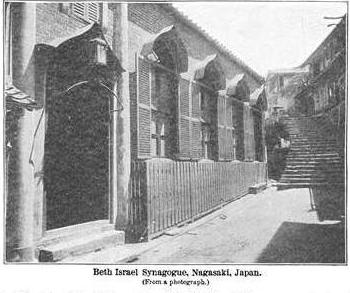
At the start of the war in the Pacific, the Germans pressured the Japanese to take some action regarding the Jewish community particularly the one in Shanghai. The Japanese knew that the German’s had cancelled the citizenship of all the Jewish individuals who had left the country, which had affected the Jews in Shanghai.
In the May of 1942, the Japanese embassy in Berlin received a message from Alfred Rosenberg, Minister for the Occupied Eastern Territories that the Japanese should do something about the Jews that were living in their territory before they became a problem. He wanted to restrict the movement of the Jews who were traveling in Southern Asia.
The Japanese refused to acknowledge the demands of the Germans and when the German authorities met in Wannsee in order to finalize things for the Holocaust, the Japanese policy still roughly translated to the fact that they would go easy on the Jews.
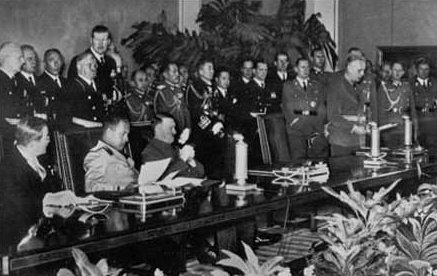
Japanese Policies
According to the Japanese policy towards the Jews that was set out in a message broadcast from Tokyo in March 1942, and the Japanese Diet declaration of 1938, Jewish were to be treated as foreigners, with the distinction of being Jewish based on the culture and race. The distinctions were only to be applied to the Jews who were stateless refugees.
So the official policy of Tokyo was that the Jews who had the nationality of other countries would be treated as citizens of that country. On the other hand, the Jews without the citizenship will fall under the same category as White Russian émigrés and would be under constant observation because of their racial characteristics.
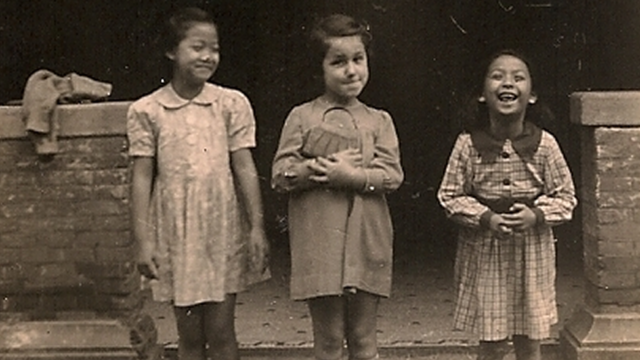
Similarly, the category of Jews who were considered useful to the country because of their political or economic influence would receive the same kind of treatment that they used to receive before the war.
All these policies were used by the German in the lands that were under their occupation during the war. There were only a few cases of mistreatment of the Jews in camps in Netherlands West Indies and in Malaysia, but other than that the Jews were treated just like other national groups.
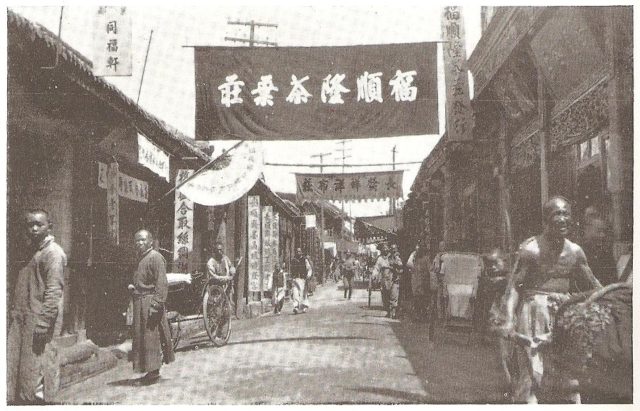
The Japanese forces in the Philippines had issued a warning to the Jews who were thought to be a part of black market operations, but these measures were taken against all suspected individuals irrespective of their nationality. It can be safely said that the Japanese remained fair in their treatment of the Jews.
Jews During the War and Afterwards
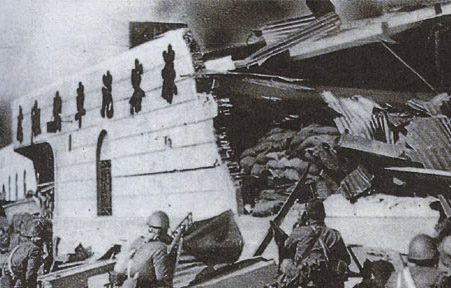
One of the main problems that the Jews faced during the war was the shortage of money and supplies, which is why the Japanese allowed Jewish relief organizations to function. A large number of Jews, almost 15,000 were living in Shanghai and were affected by the constant fighting between the Chinese and the Japanese that was taking place in 1937.
In 1945, the bombing in the city injured 300 people and killed 30 people, which is the reason why the Japanese forces allowed the Jews of the area to relocate to other cities and also allowed the American Joint Relief Committee to work for these people.
After the war, the Japanese started a propaganda that stated the difference in the treatment of the Jews by the Japanese and the Nazis. It was thought that the propaganda would help the Japanese to build up their influence with Jews all over the world.
